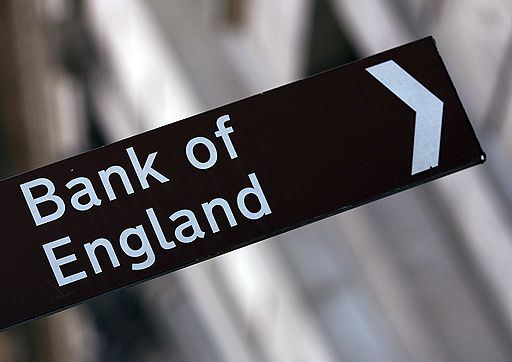Bank of England will allow EU Banks to operate as normal after Brexit

The Bank of England will allow European banks to continue selling their services in the UK without having to create expensive subsidiaries after Brexit, even if no divorce deal is struck between London and Brussels, the BBC reported.
The Bank of England will not force European-based investment banks to ringfence their capital and liquidity. It will mean EU banks operating through UK branches can continue without creating subsidiaries – where they are compelled to hold their own substantial reserves in the event of a financial shock, essentially becoming UK companies.
The move, to be announced on Wednesday, will be put in place even if Theresa May walks away from Europe without a deal.
More than 100 banks operating in London are branches of firms headquartered elsewhere in the EU. Currently, they operate in Britain under EU “passporting” rules which are due to expire when Britain leaves the bloc in March 2019.
The BoE’s plans would go some way to placate nervy banks and others in the financial sector of how the UK could continue to do business after Brexit.
The disclosure is likely to spark political controversy as it comes after Michel Barnier, the EU’s chief Brexit negotiator, ruled out a special deal to protect the City of London’s ability to trade on the continent.
Meanwhile, Brussels is set to try to impose tough rules on British banks during the Brexit transition period.
The European Commission will today consider draft legislation that proposes greater scrutiny of financial hubs outside the EU, with the option of removing access to the EU market if their rules are not deemed to be "equivalent" to EU standards.
The Bank of England’s decision to allow European banks to continue to operate after the point of the UK’s withdrawal from the bloc as they do now adds another wrinkle to the Brexit landscape.
The plans, first reported by the BBC, will apply to providers of wholesale finance – services provided to institutions and large businesses that generate hundreds of billions of pounds for the economy.
Financial regulators require foreign banks with subsidiaries in the UK to be separate legal entities and hold large capital reserves in case of a market crash, stopping them from pulling out in such an event and taking customers' funds with them.
The same rules do not apply to branches of foreign banks. Forcing foreign banks to convert their branches to subsidiaries after Brexit would risk them pulling out altogether due to the large cost of doing so, reported to be in the billions of pounds.
Financial services account for a large proportion of the UK economy and generate billions in tax for the Government. Should the City become a less attractive location for such EU banks to operate, it could also put thousands of jobs on the line.

